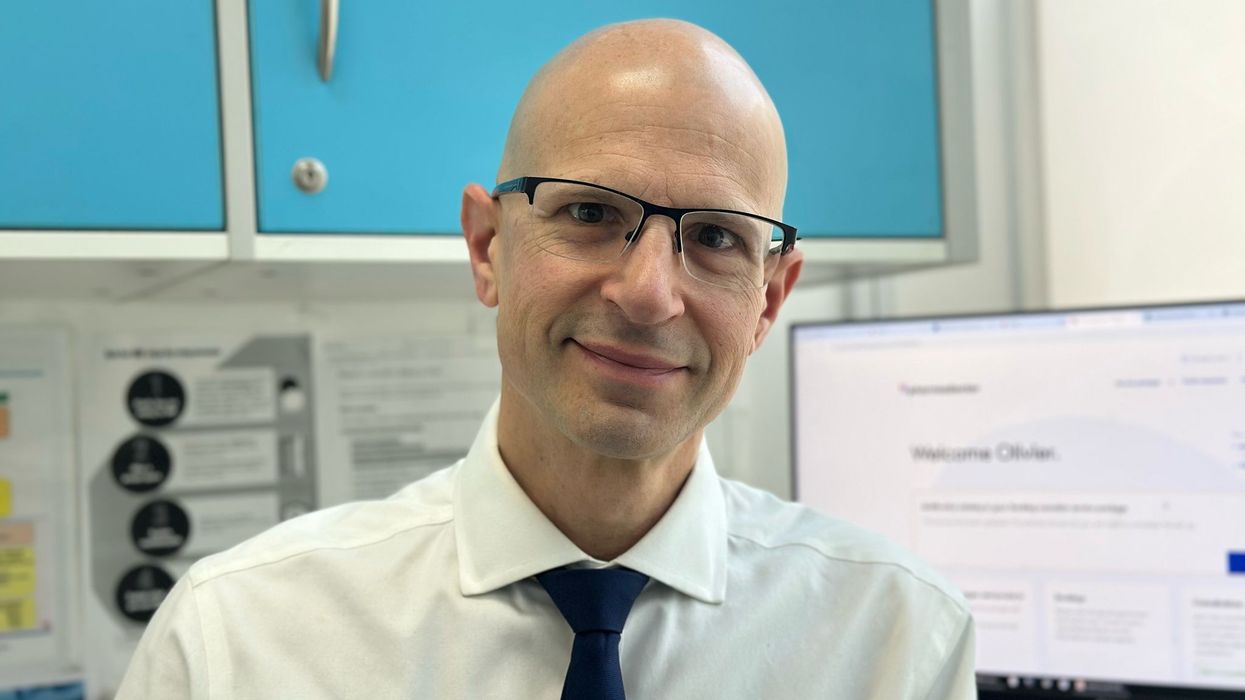Tough times for community pharmacies in England are far from over as the industry continues to grapple with major gaps in the workforce.
Even though the latest figures released by the Health Education England (HEE) Community Pharmacy Workforce Survey 2021 showed doubling of pharmacist vacancy rate in England to 8 per cent between 2017 and 2021, it flagged the contractors’ difficulty level in filling up these positions.
The survey report showcased changes in the size and make-up of the community pharmacy workforce since the last survey conducted in 2017.
It revealed that 56 per cent of pharmacy contractors reported high difficulty level in recruiting pharmacists, up from 21 per cent in the earlier survey.
Moreover, a greater proportion - 60 per cent of contractors found filling up the pharmacy technician role ‘fairly’ or ‘very’ difficult.
Other roles in the sector considered difficult to fill included accuracy checkers and trained dispensing assistants, both at 58 per cent.
Meanwhile, the easiest to fill roles included trainee medicines counter assistants and delivery drivers, both at 24 per cent.
Another set of numbers revealed in the survey report pointed towards a diminishing trend in the sector.
The HEE survey, which obtained data from 47 per cent of England’s community pharmacies highlighted that since 2017, 553 pharmacies have closed operations.
“At the time of the 2017 survey there were 11,832 community pharmacies operating in England. In comparison, at the time of the CPWS in May 2021 there were 11,279.”
Sector needs succour
The recently released figures have once again intensified talks around the fragile situation of community pharmacies and the need to support the sector.
Reacting to the survey report, the National Pharmacy Association (NPA) stated that the data shows the sector, which is suffering its sixth consecutive year of real term cuts, needs better funding in order to recruit and retain staff.
NPA director of corporate affairs, Gareth Jones, said the data resonates with “what we hear all the time from pharmacies struggling to recruit and retain pharmacists and pharmacy technicians, and maintain services.
“It’s a complicated picture, with the pressures of the pandemic overlaying the dire funding situation and a continued drain of pharmacy staff into GP surgeries.
“We continue to work with NHS England, HEE and other pharmacy bodies to seek solutions that will help in the short, medium and long term.
“One practical step would be a requirement that local impact assessments are carried out prior to any recruitment into PCNs/CCG sites under the Additional Roles Reimbursement Scheme (ARRS). PCNs and CCGs should, in association with local representative bodies, consider the impact of the creation of new roles on all health care providers in the area and on their ability to deliver their objectives on behalf of the NHS.”
Alastair Buxton, director of NHS Services at Pharmaceutical Services Negotiating Committee also agreed that contractors have been struggling with a range of workforce challenges over the last year, which has impacted their teams as well.
He said: “Some of the challenges have been related to the pandemic, but many result from the impact of a range of other factors within the sector and the wider labour market.
“Since the survey was undertaken, reports from contractors suggest the staffing situation in many pharmacies has significantly worsened, which highlights the importance of this type of data being collected on a regular basis. LPCs and contractors have also said the challenge of filling vacancies varies across England and the survey results evidence this variation.
He suggested that a team approach across pharmacy is needed to address the current workforce challenge, adding that “PSNC will continue to work with partners to tackle the problems contractors are suffering, but solutions to workforce shortages are generally implemented over the longer-term.”
He assured that the PSNC will continue its efforts to make the government and NHS understand the issues that contractors are facing.











